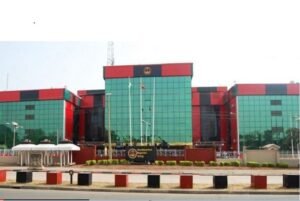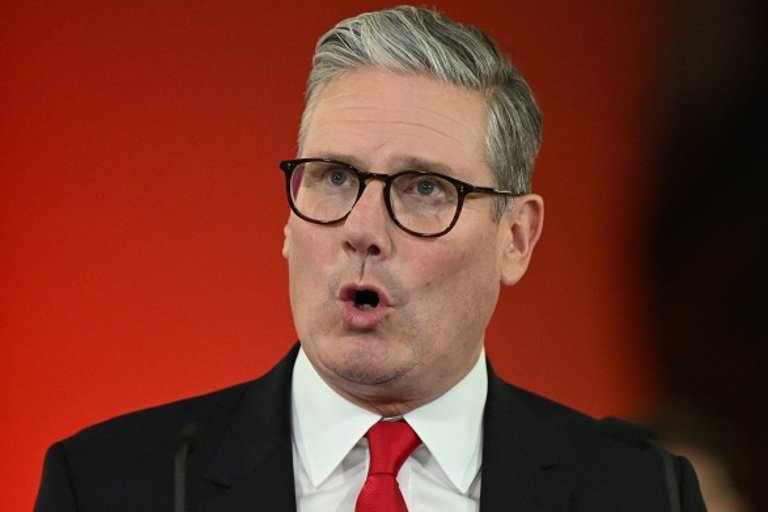United Kingdom Prime Minister, Sir Keir Starmer, has urged global collaboration to combat organised immigration crime, emphasizing that people-smuggling gangs should be treated similarly to terrorist organisations.
Speaking at the Organised Immigration Crime Summit in London on Monday, Starmer highlighted the need for an international approach to dismantle criminal networks involved in smuggling migrants.
The event brought together representatives from over 40 countries, along with technology companies such as Meta and TikTok, to discuss strategies for tackling the issue.
Drawing from his tenure as the Director of Public Prosecutions, Starmer recalled how international cooperation helped prevent terrorist attacks and save lives.
“When I was the director of public prosecutions, we worked across borders throughout Europe and beyond to foil numerous plots, saving thousands of lives in the process. We prevented planes from being blown up over the Atlantic and brought the perpetrators to justice.
“I believe we should treat organised immigration crime in the same way.
“I simply do not believe organised immigration crime cannot be tackled. We’ve got to combine our resources, share intelligence and tactics, and tackle the problem upstream at every step of the people smuggling routes,” he said.
During the summit, the UK government announced a £30 million investment to disrupt trafficking operations and combat illicit financial flows linked to smuggling. Additionally, £3 million will be allocated to the Crown Prosecution Service to strengthen its international efforts.
Home Secretary Yvette Cooper also introduced measures to hold businesses accountable for employing undocumented migrants, particularly in industries such as hospitality and beauty. She further disclosed that the government is reviewing the application of Article 8 of the Human Rights Act, which is often cited by migrants seeking to remain in the UK.
Despite these initiatives, the number of small boat crossings across the Channel continues to rise, with over 5,000 people having made the journey this year—an increase from previous records. Cooper attributed part of the surge to favourable weather conditions but acknowledged that smuggling networks remain a significant challenge.










